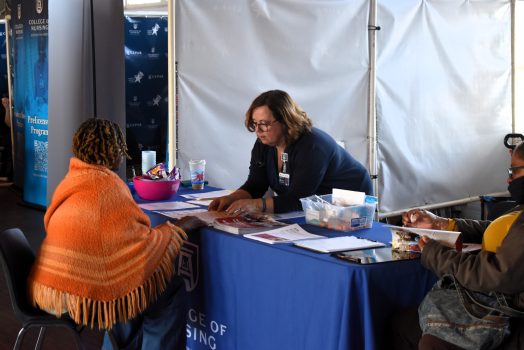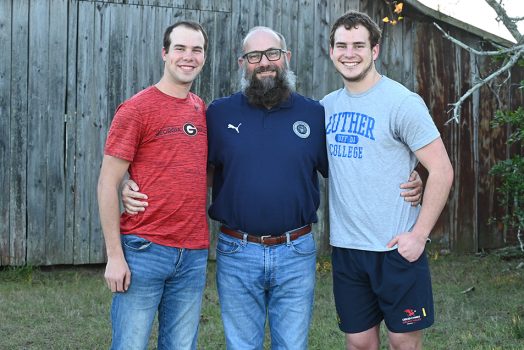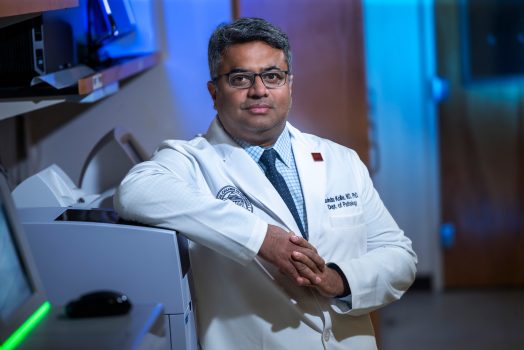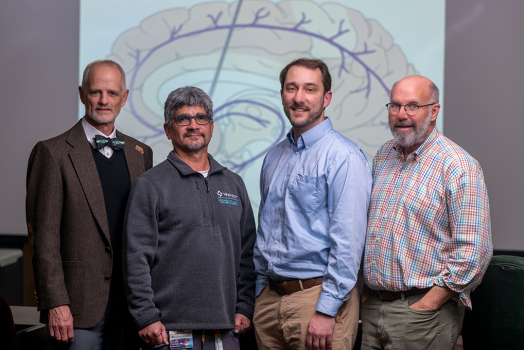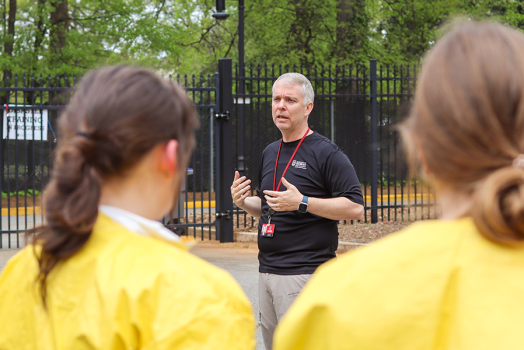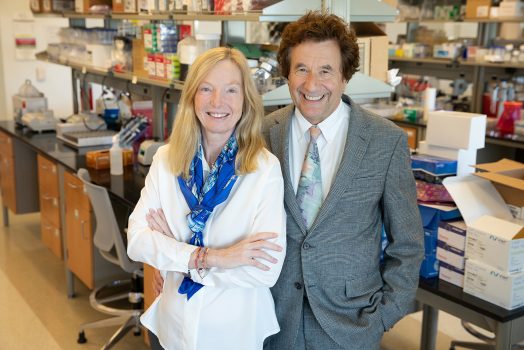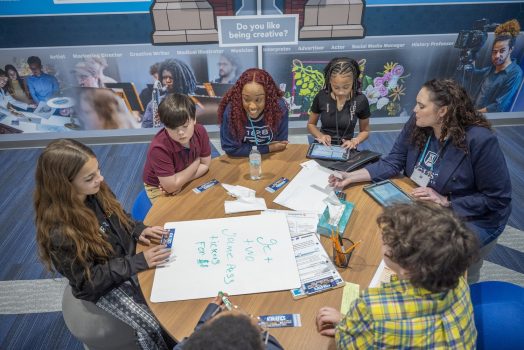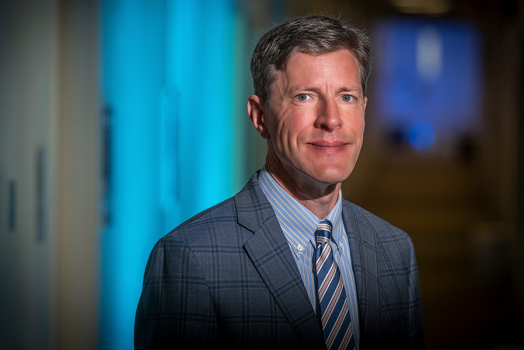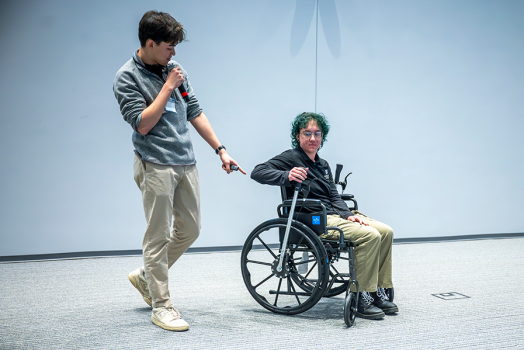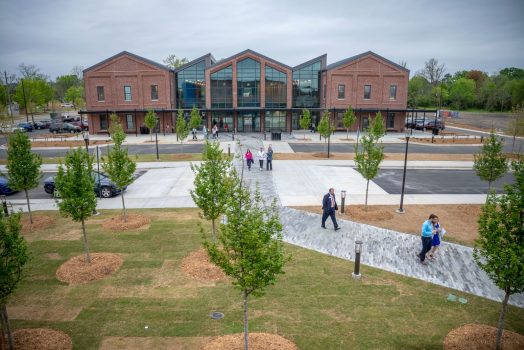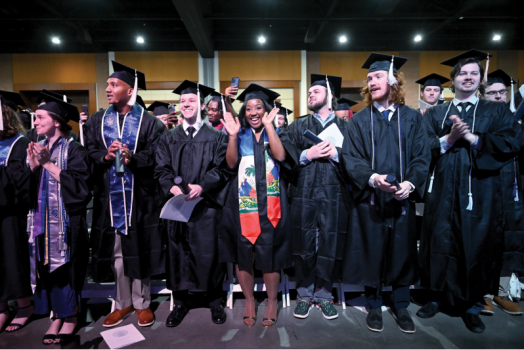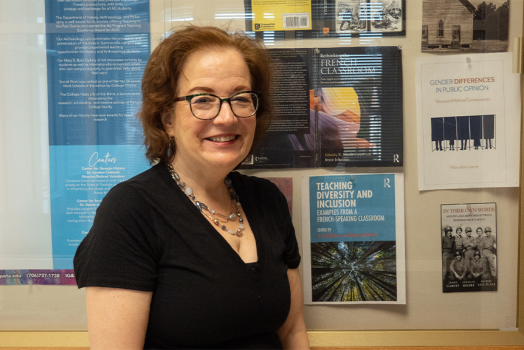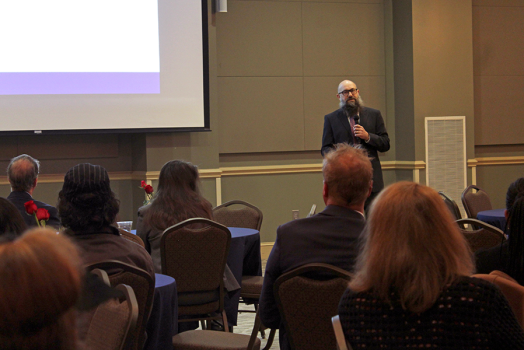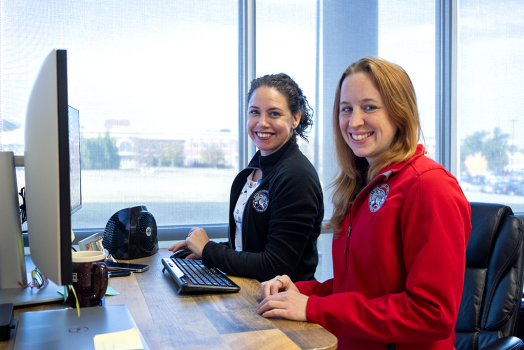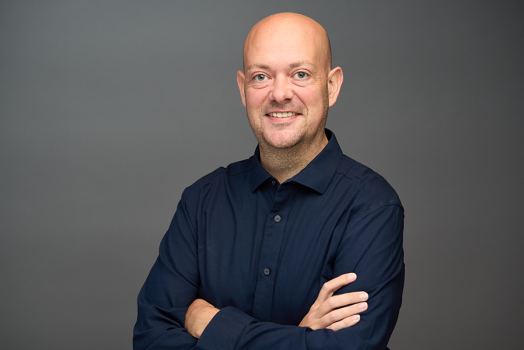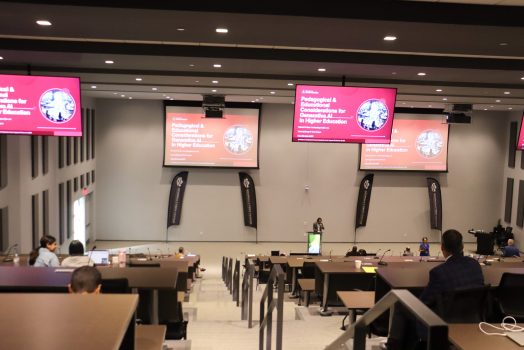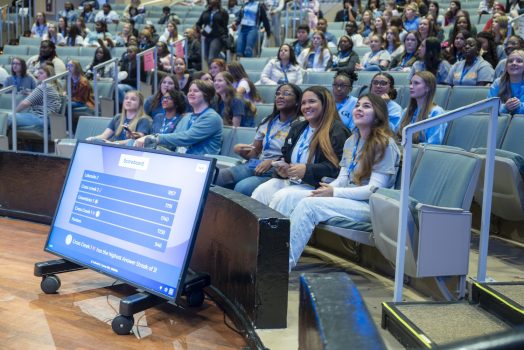The College of Nursing hosted two days of community events, specifically providing healthcare to employees of Horizon and adults enrolled in the Healthy Grandparents Program.
“I think I was excited to combine efforts with my family and three stages of Medcalfe education – undergrad, graduate and professor – into one paper,” says Rhys Medcalfe.
"We will be able to make a more specific diagnosis, better classify the cancer, give a better prognosis and enable better therapy choices," says Ravindra Kolhe, MD, PhD.
“Our staff and Board of Directors look forward to welcoming the runners and spectators at the Summerville Campus for our annual signature event," says Michelle Pippin.
“We want the patients to have the same clinical dementia ratings or better two years from now,” says David T. Blake, PhD.
I’m excited about the dedicated support that Curt can provide to SPH faculty to ensure their long-term success," says Teresa Waters, PhD.
"This lecture will offer valuable insight for established researchers and clinicians, as well as the next generation of immunologists," says Klaus Ley, MD.
"Together, we are strengthening our communities while advancing the mission of Augusta University," says AU President Russell T. Keen.
“Since he stepped in as chair, patient experience scores in the Emergency Department have dramatically improved," says David C. Hess, MD.
"INNOVATE is about shaping the future for a purpose," says Lynsey Steinberg.
The HUB received the $200,000 award in acknowledgement of its program that serves high school students and their families to help meet their physical and social needs.
"The impact of this gift and the depth of our gratitude to Mr. Golisano can’t be overstated," says Augusta University President Russell T. Keen.
“When we obtain these degrees, a chapter in all of our lives will be closing, but a new one will emerge," says Landon Gilbert.
“Having my work acknowledged in such a public way is very special," says E. Nicole Meyer, PhD.
“Overall, Augusta and Georgia are positioned well for economic growth in 2026," says Simon Medcalfe, PhD.
"My specialty area is maternal-child health, and I do a lot of work with maternal mortality prevention,” says Marlo Vernon, PhD.
“Being part of two cohorts of people who work tirelessly making a positive impact on their communities deeply inspires me in my role at AU," says Isaac Brinberg, DMA.
“Augusta University is charting an extraordinary course, with a bold commitment to discovery, innovation and community impact," says Eric Kern.
“This workshop reflects our goal to build a strong foundation for AI research and education at Augusta University," says Hisham Daoud, PhD.
“Do not allow anyone to talk you out of being a teacher. The blessings that you get are far greater than the challenges that you'll face," says Judi Wilson, EdD.
 Augusta University
Augusta University

